CDC Warns Deadly Bacterial Infections Can Spread in Tap Water
When it comes to taking care of ourselves and our families, most people know to avoid certain foods, chemicals, and other potential toxins, but now, people also have to worry about the water coming from their taps.
The Centers for Disease Control and Prevention (CDC) recently released data that showed over 2,000 Americans got sick from drinking water from 2015 to 2020, 80% of whom were infected by their public water system.
The CDC’s Report on US Tap Water
On March 14, 2024, the CDC released their paper entitled, “Surveillance of Waterborne Disease Outbreaks Associated with Drinking Water — United States, 2015–2020.”
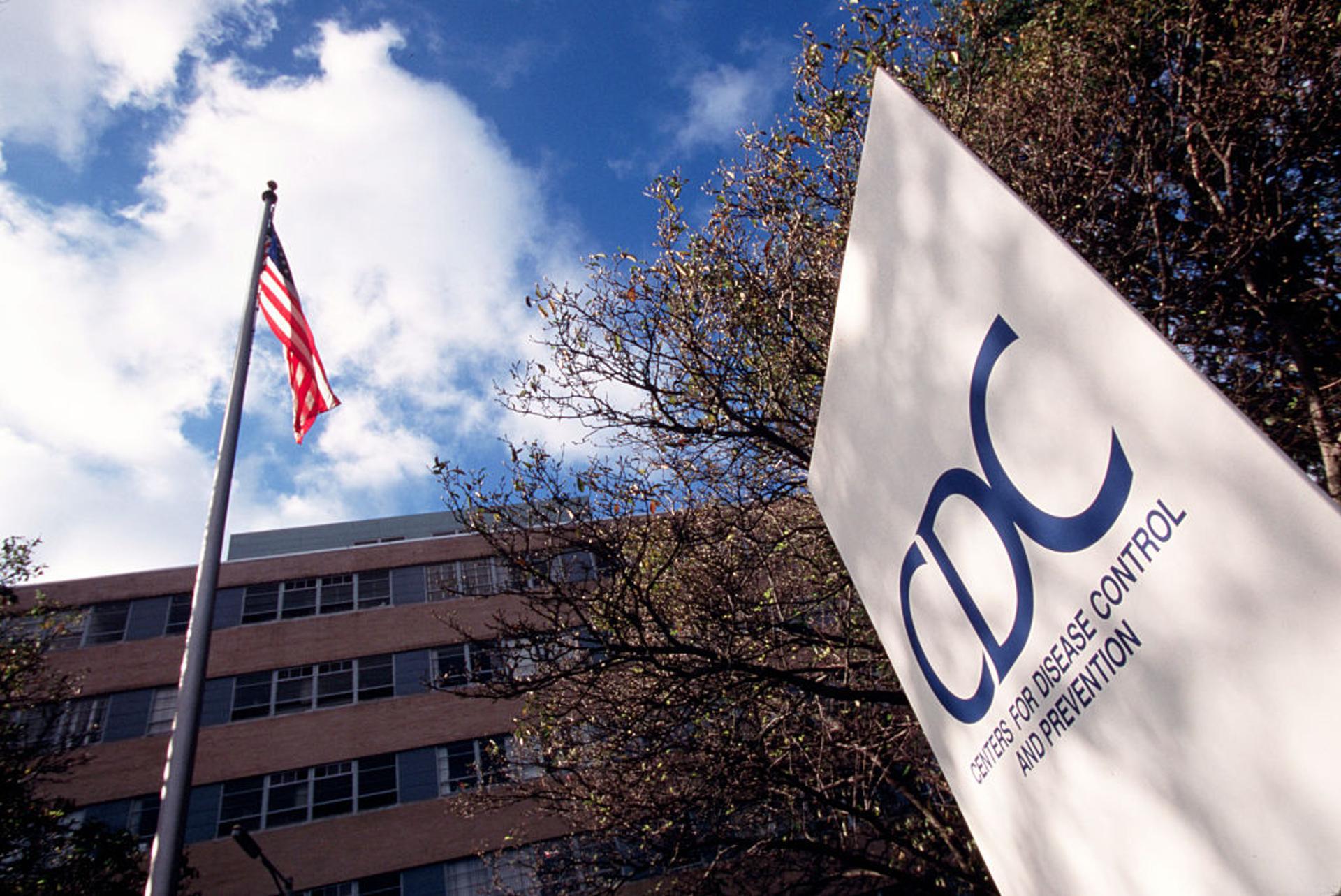
Source: James Leynse/Corbis/Getty Images
The organization reported that, across 28 states, they found 214 outbreaks associated with drinking water. The CDC said that 172 of 80% of these outbreaks were from public water systems and, in total, they led to 2,140 cases of illness, 563 hospitalizations, and 88 deaths.
What Did the CDC Find in America’s Tap Water?
The CDC noted that they found Shigella, Campylobacter, E. coli, and many other water-borne bacteria in all 28 states they inspected. These pathogens can cause extensive physical harm when ingested by human beings, especially if large amounts are consumed over time.
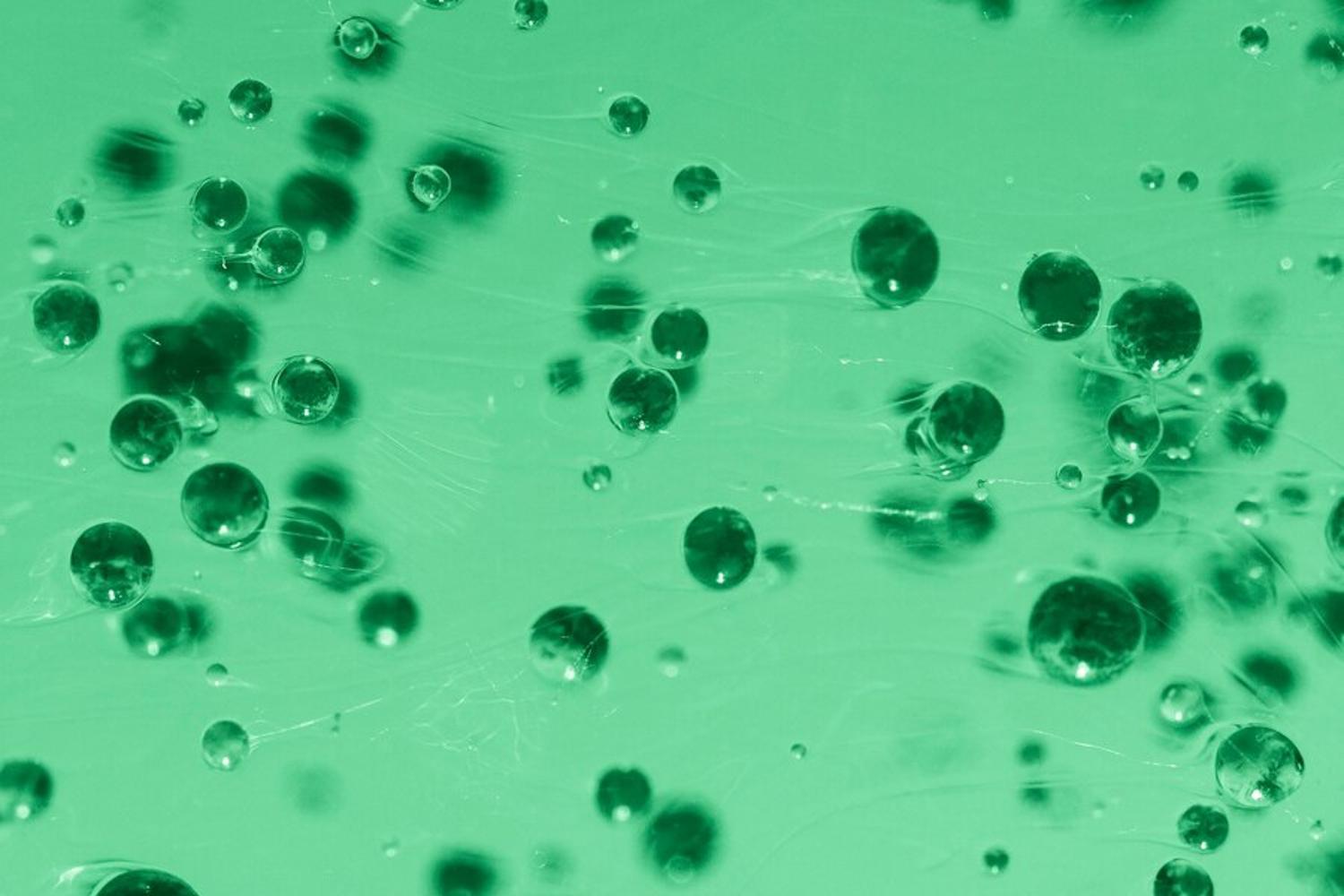
Source: Freepik
But the report noted that the vast majority of the outbreaks they found had been caused by one bacteria in particular: Legionella. In fact, 98% of all outbreak reports implicated legionella. Sadly, that’s not all they found in the water.
The CDC Also Found Extensive Amounts of Microplastics in America’s Water
In addition to the potentially harmful bacteria, the CDC was also concerned when they found excessive amounts of microplastics.
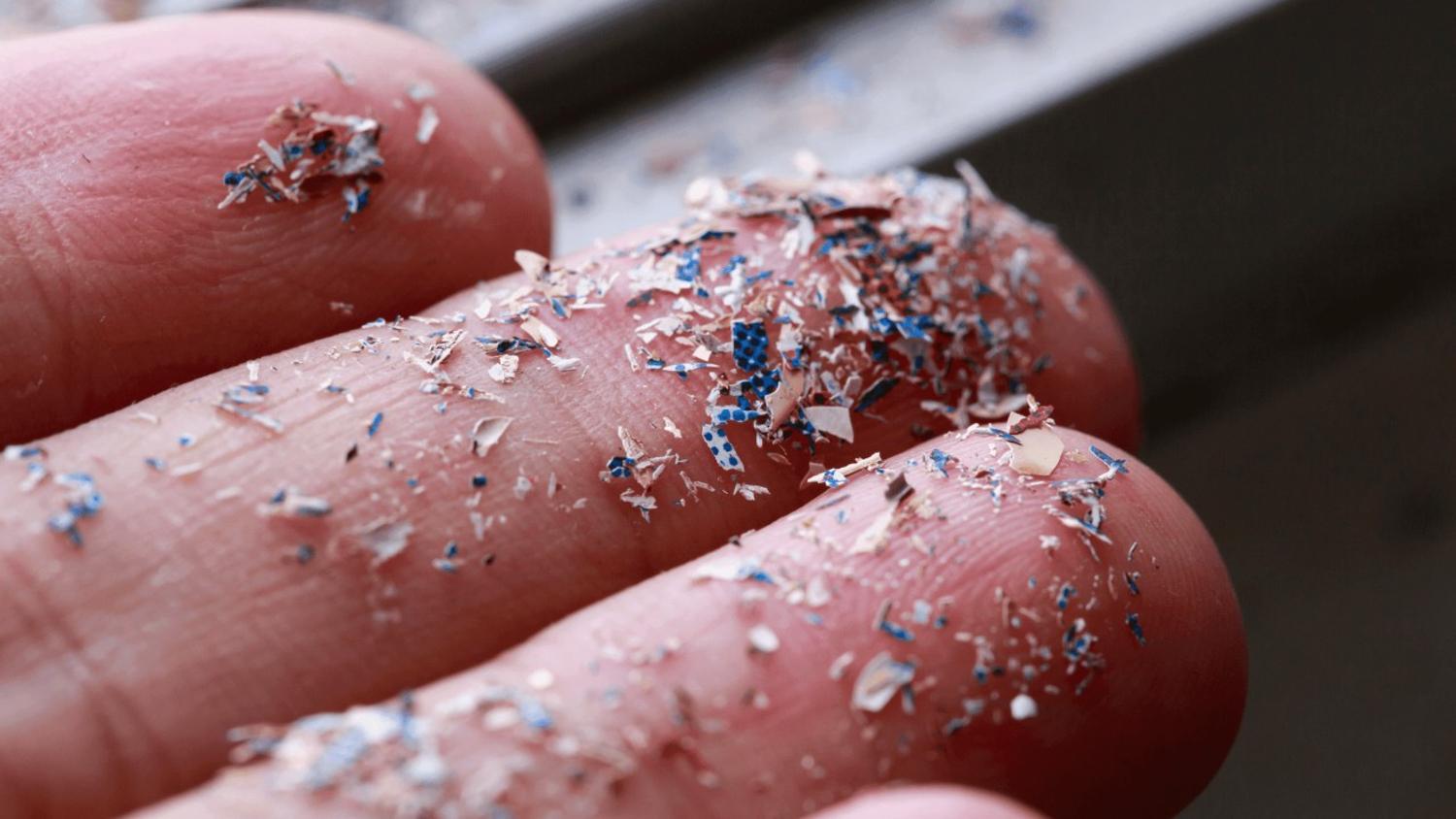
Source: iStock
As well as forever chemicals, also known as PFAS, and other toxic contaminants, including uranium, radium, and arsenic. The report from the CDC is undoubtedly concerning, and it begs the question: Should Americans be drinking tap water?
The Quality of Tap Water Depends on the State’s Water Supply
It’s crucial that Americans know that the quality of their tap water is directly dependent on their state’s water system and ecological issues. The state’s geography and topography, as well as the government in charge, can make a huge difference in the cleanliness of the tap water.
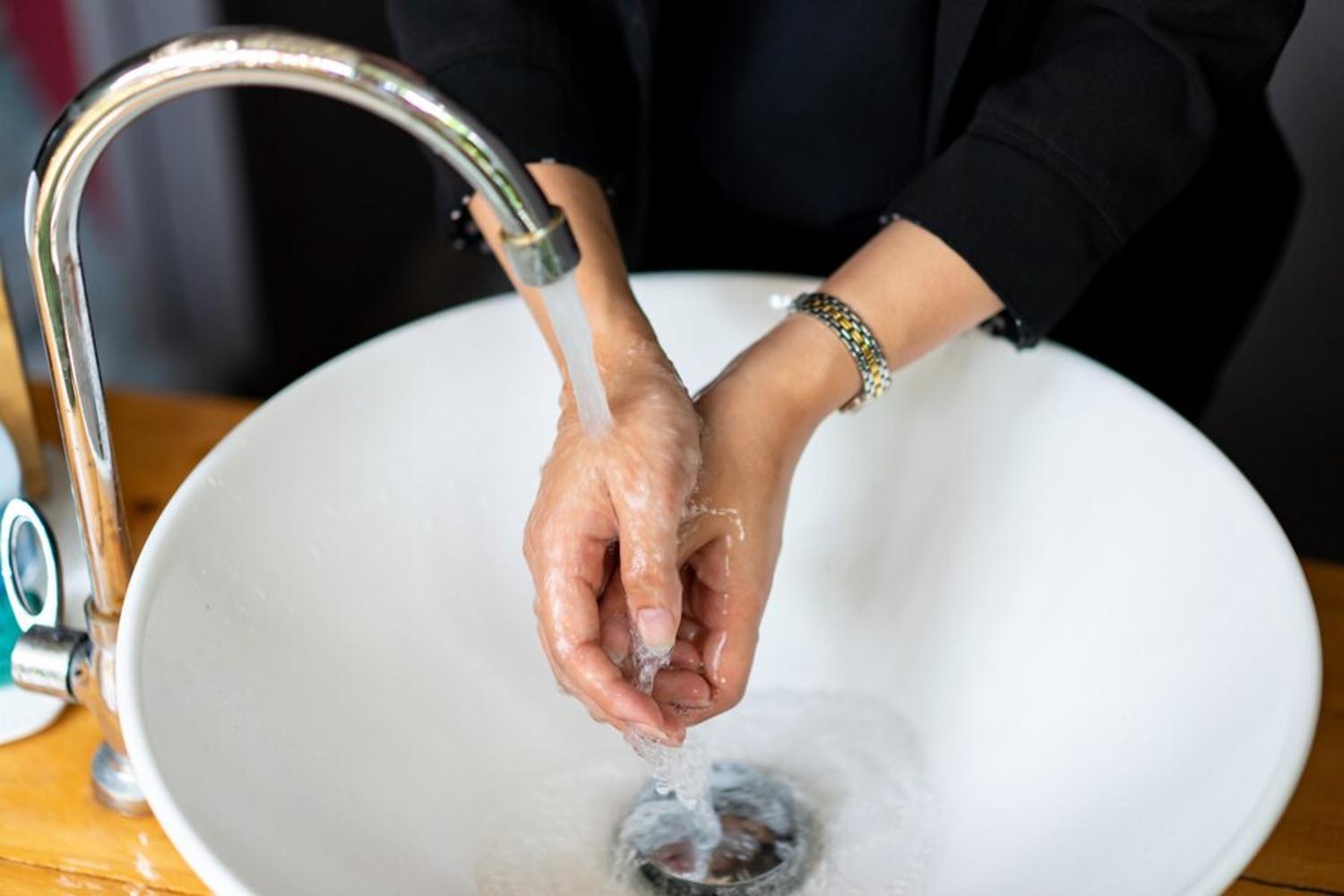
Source: Freepik
In general, tap water in the United States is safe to drink, but there are certain recommendations to be aware of.
Watch for Water Announcements in Your State
First and foremost, it’s extremely important that all Americans watch for any government announcements regarding the water supply in their area. These warnings are most often posted on the county’s website, but every American should ensure they know where to find this vital information.

Source: Freepik
Additionally, the Environmental Protection Agency requires cities and counties to post an annual water quality report, and it’s always a good idea to read that report when it’s released to fully understand the current quality of the tap water.
Experts Say Not to Use Tap Water for Dehumidifiers
As well as staying up to date on the local water reports, experts at the CDC have warned Americans against using tap water for anything other than drinking, no matter how pristine the quality.
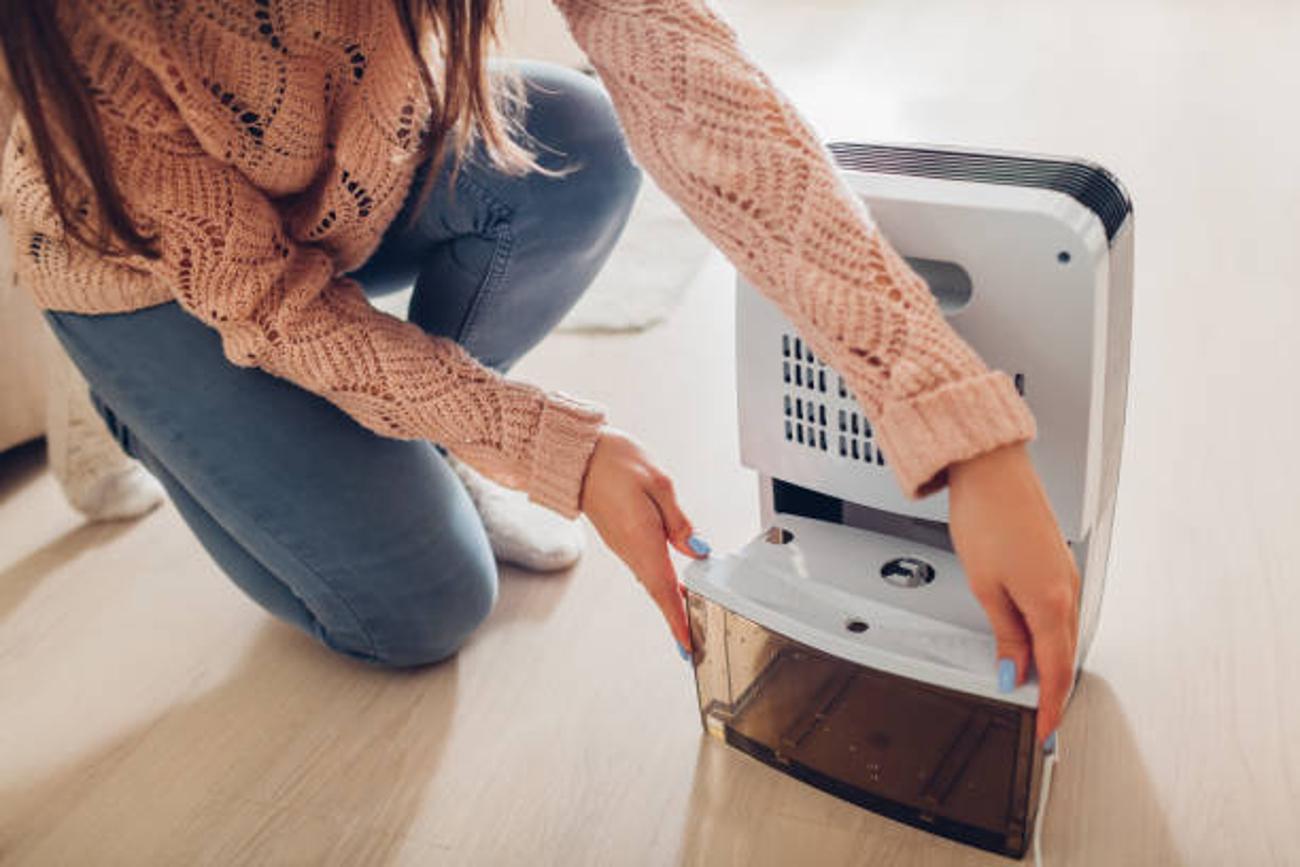
Source: iStock
For example, Americans should not use tap water for their CPAP machines or dehumidifiers. Dr. Linda Yancey, the director of infection prevention at Houston’s Memorial Hermann Health System, explained, “In CPAP machines and humidifiers, the water goes directly into the lungs and can cause pneumonia.”
Tap Water Should Only Be Used to Drink
Yancey also explained why tap water should never be used in neti pots: “For nasal irrigation, there is a small risk of an amebic infection because the water comes into contact with nerves that go straight to the brain.”
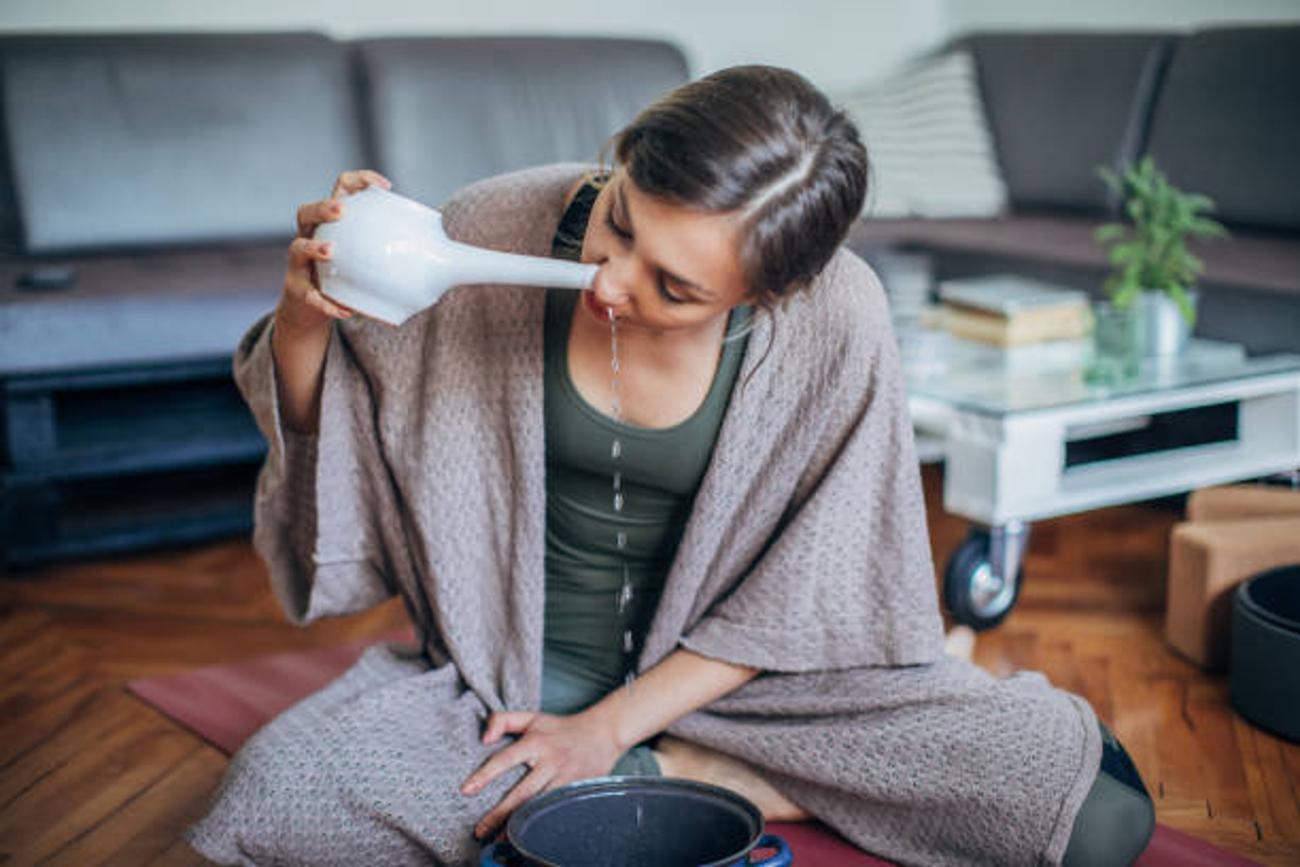
Source: iStock
For this same reason, Americans shouldn’t use tap water to clean wounds or contact lenses. As Yancey said, “Our body has defenses against these organisms like the acid in our stomachs and the robust immune protection in the GI tract. But when we use tap water in ways that bypass these protections, it can cause trouble.”
Tap Water Should Never Be Given to Infants
Experts also want to ensure new parents know never to mix their baby’s formula with tap water as infants are far more susceptible to water-borne illnesses.
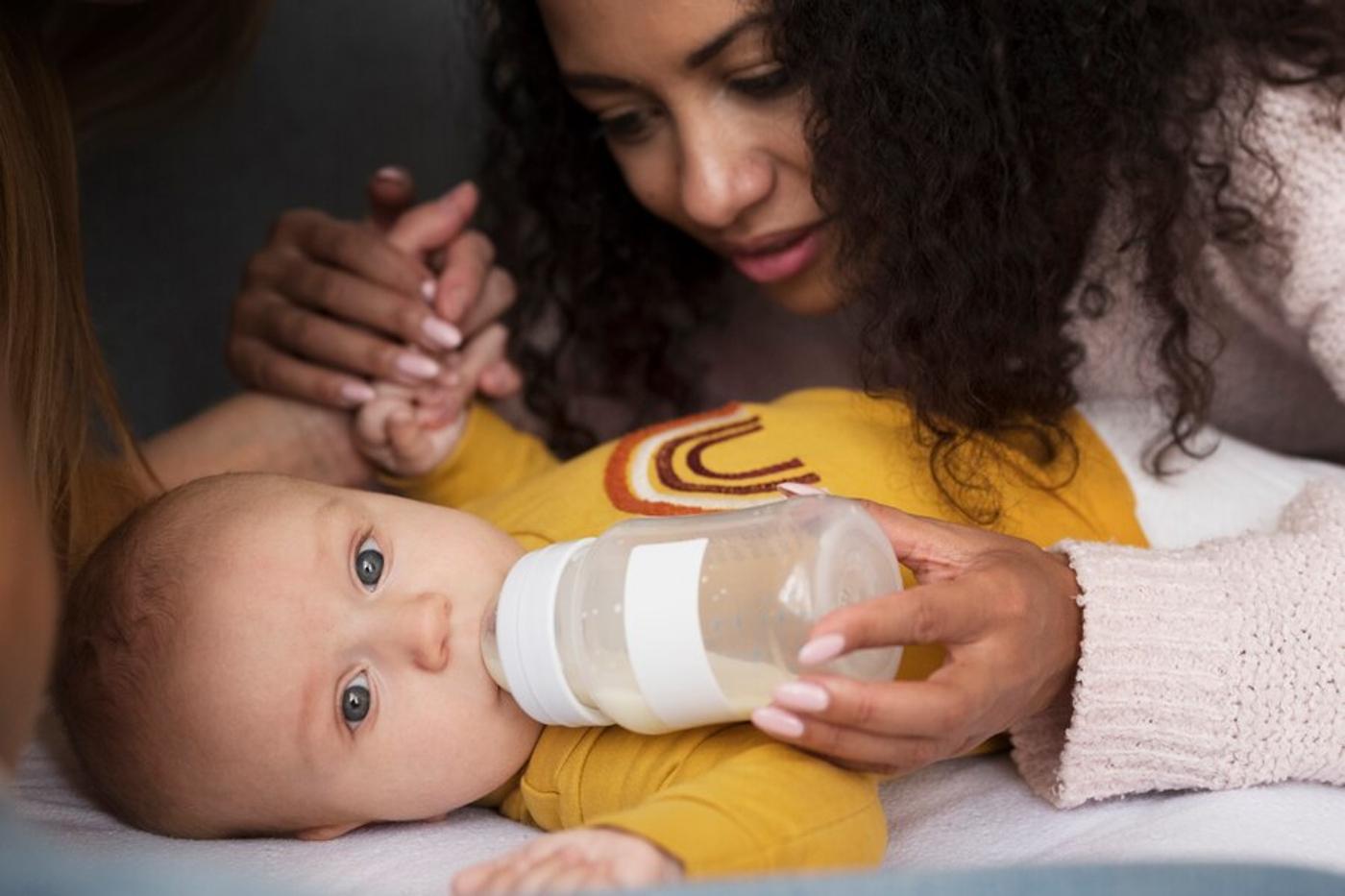
Source: Freepik
The excess nitrate in most tap water can cause methemoglobinemia or “Blue Baby Syndrome,” a condition in which a baby’s skin turns blue because there is not enough oxygen in the bloodstream.
The CDC Recommends Boiling Tap Water for 1 Minute
Of course, constantly purchasing plastic water bottles is not only expensive; it’s also quite inefficient. Sometimes, people simply don’t have water ready for use except for that which comes out of their tap.
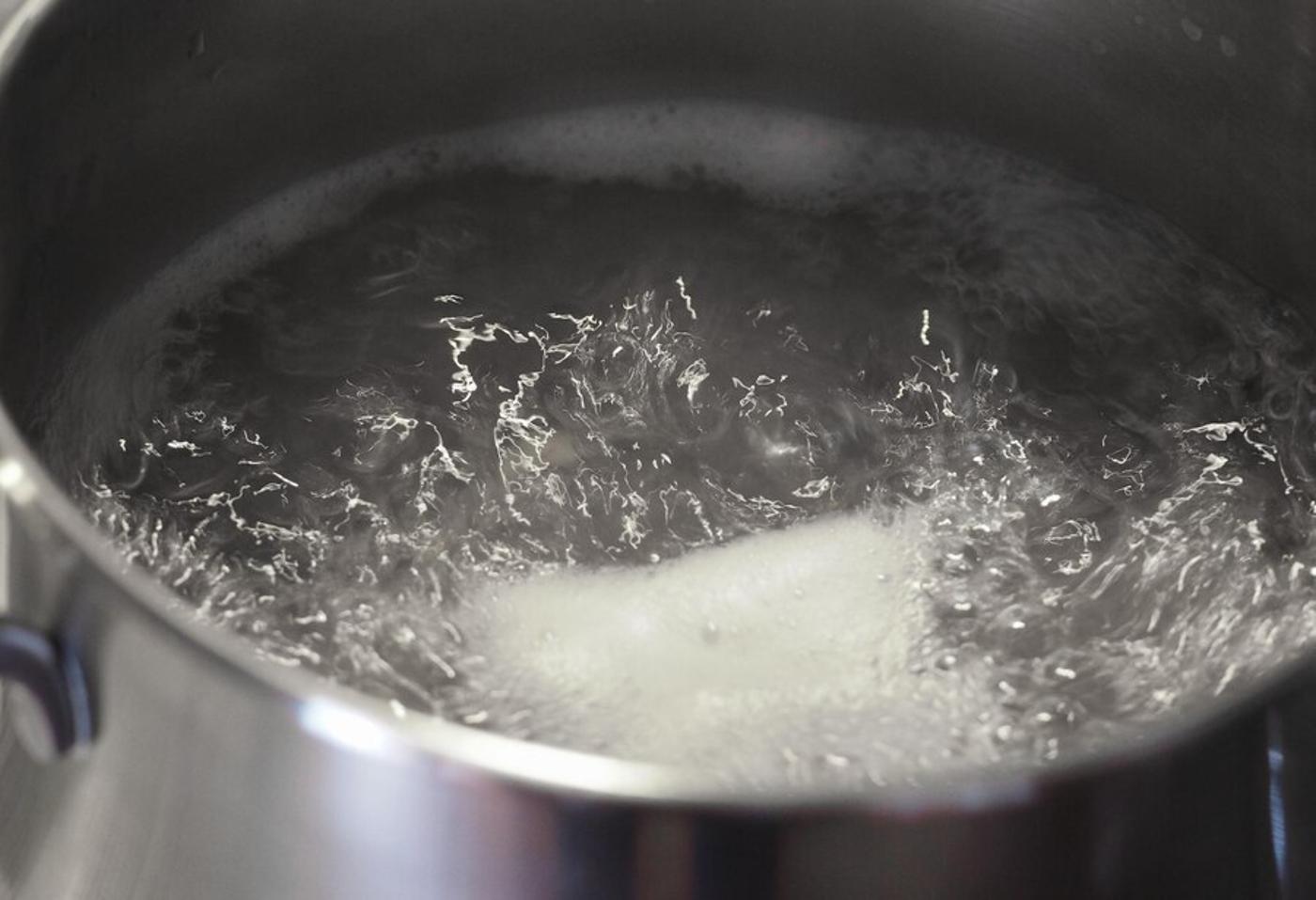
Source: Freepik
Luckily, the CDC has reported that as long as Americans boil their tap water for at least one minute, it will be safe to use for baby formula, dehumidifiers, and neti pots. Not to mention, it will be much safer to drink.
Your Pipes Could Also Be Affecting Your Tap Water
Water quality experts explain that even if the water report in your area is pristine, you or your family could be contracting water-borne illnesses from your pipes.
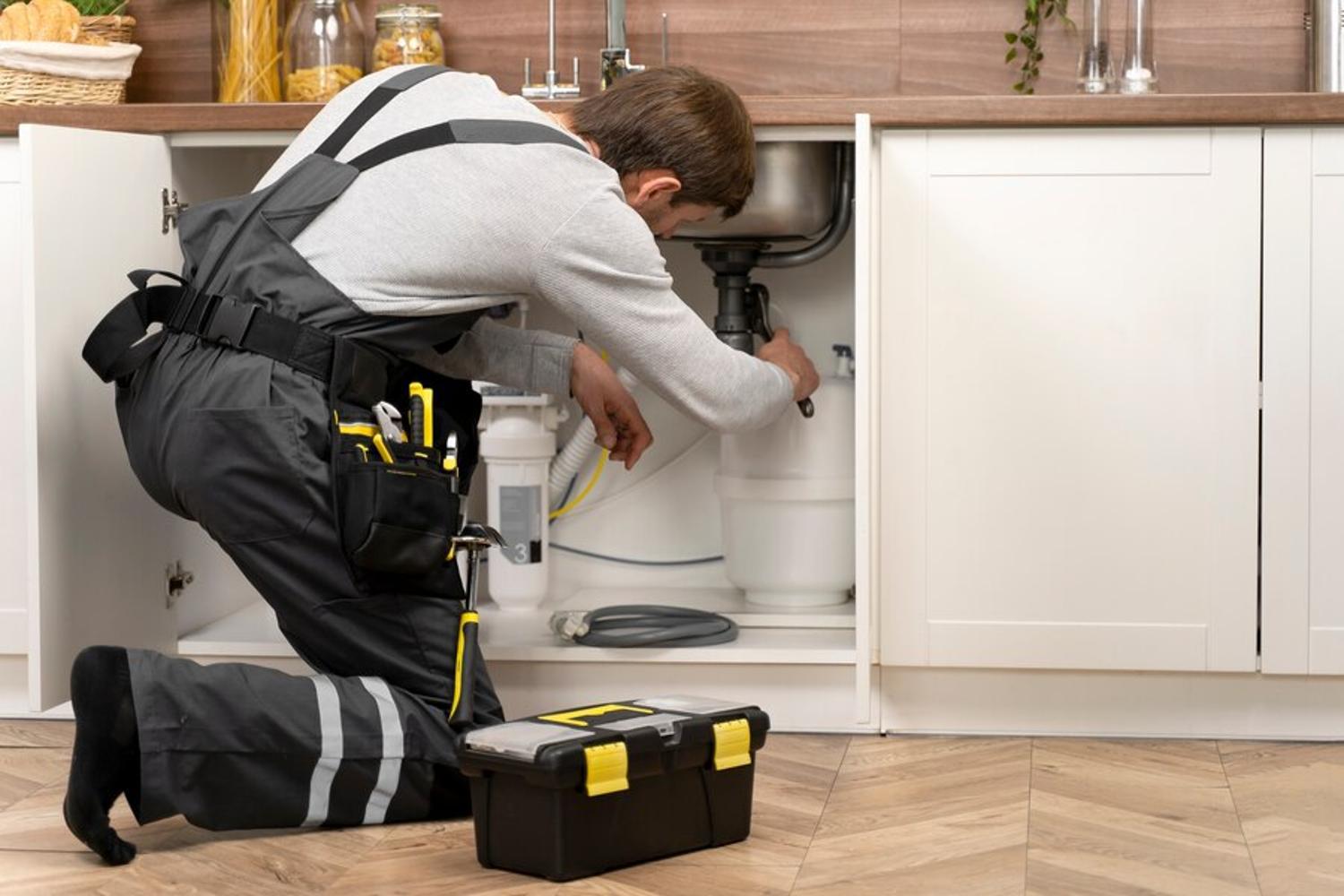
Source: Freepik
Therefore, it’s important to regularly hire a plumber to assess the water pipes leading to and inside your home to check for potential toxins.
Extensive Stomach Pains Could Be a Sign of Bad Tap Water
While water-borne illnesses can result in a wide variety of symptoms, the most common are diarrhea, vomiting, and stomach pains.
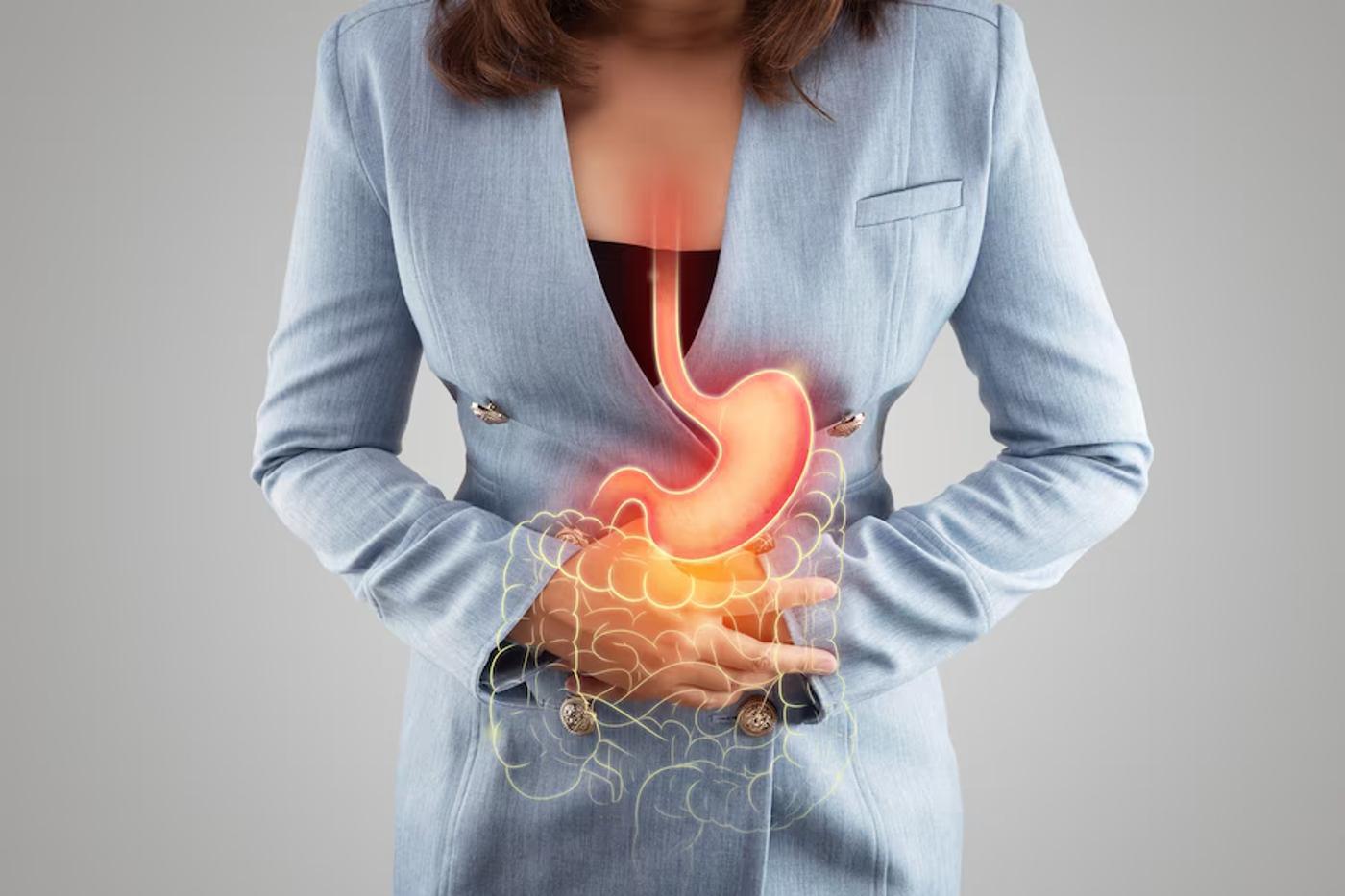
Source: Freepik
If you or a loved one has been experiencing one of these symptoms for several days, it’s important to visit your doctor and test for a bacterial or toxic infection. If you test positive, it’s absolutely time to invest in a water filter for your home.
